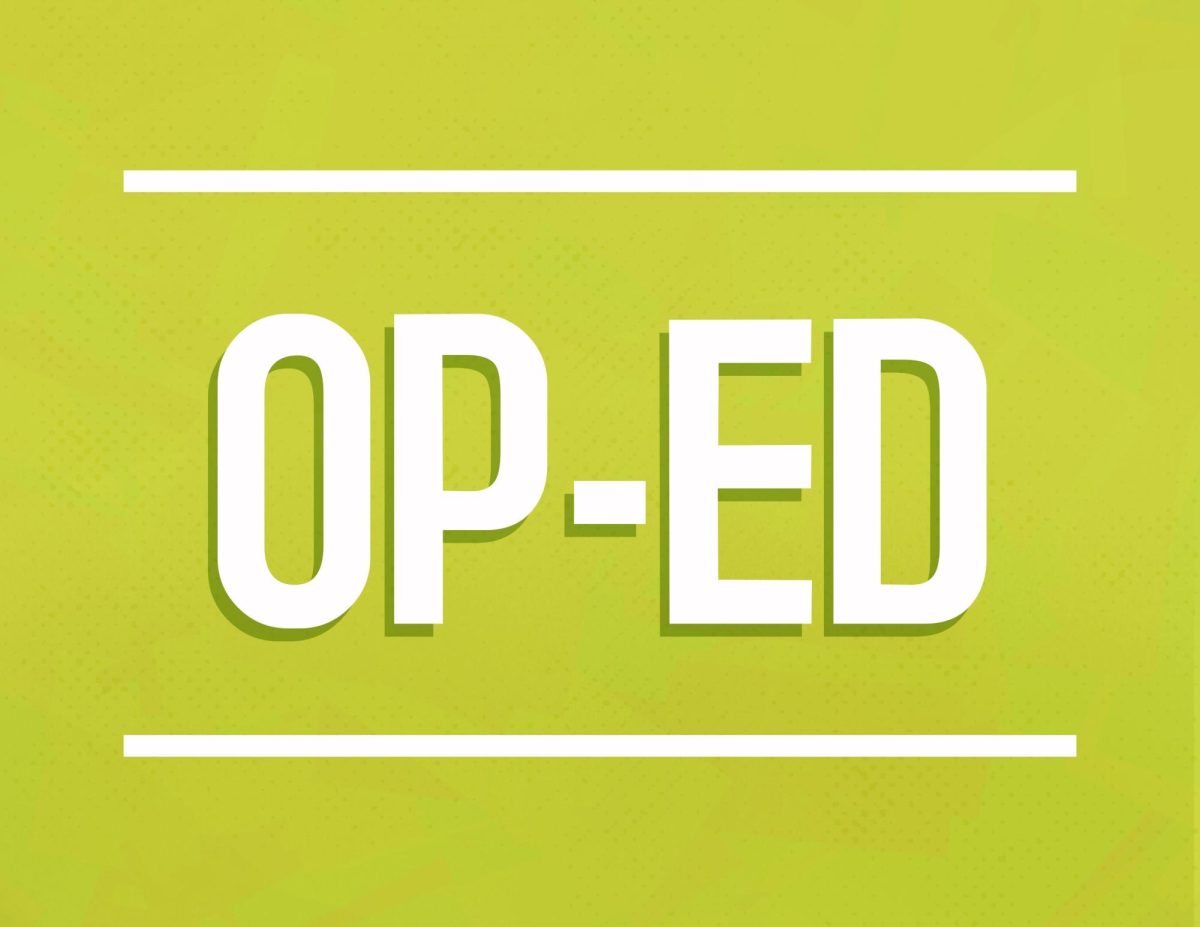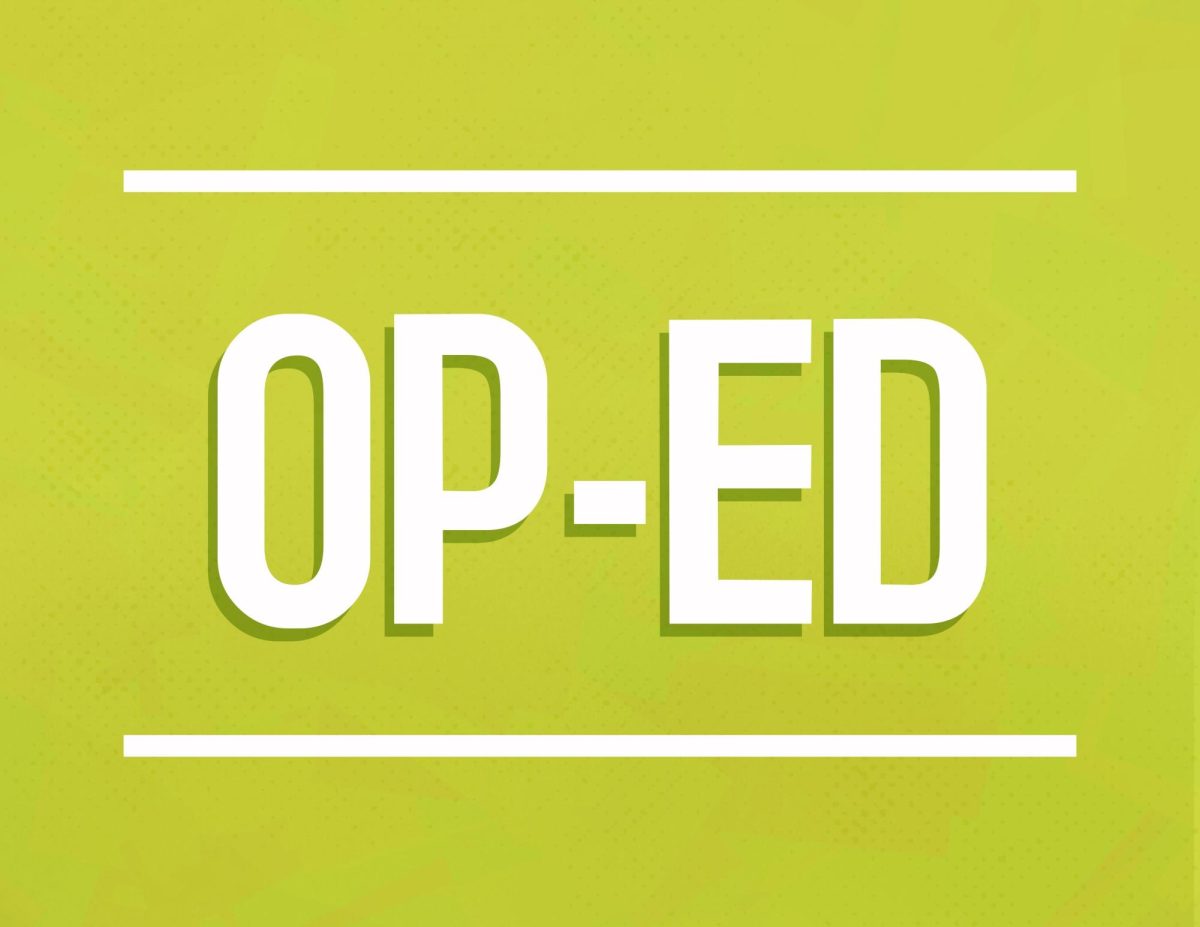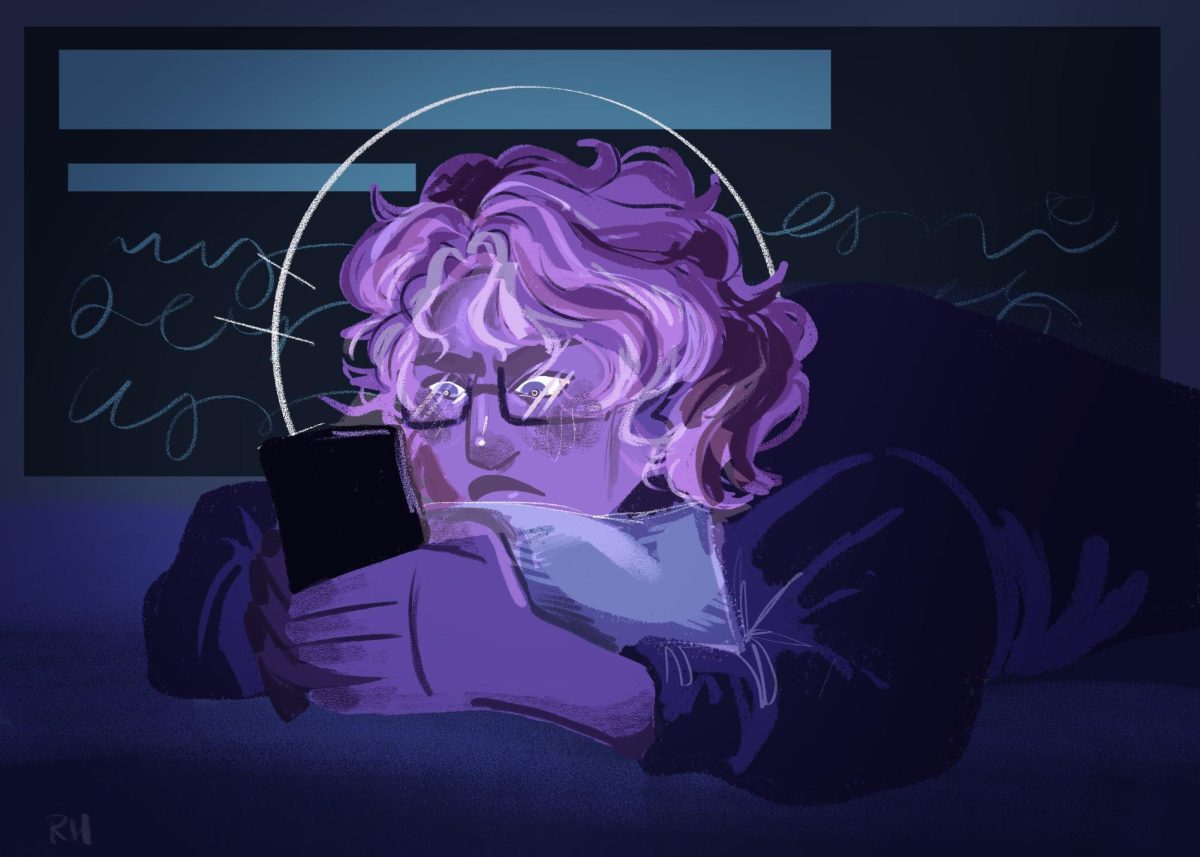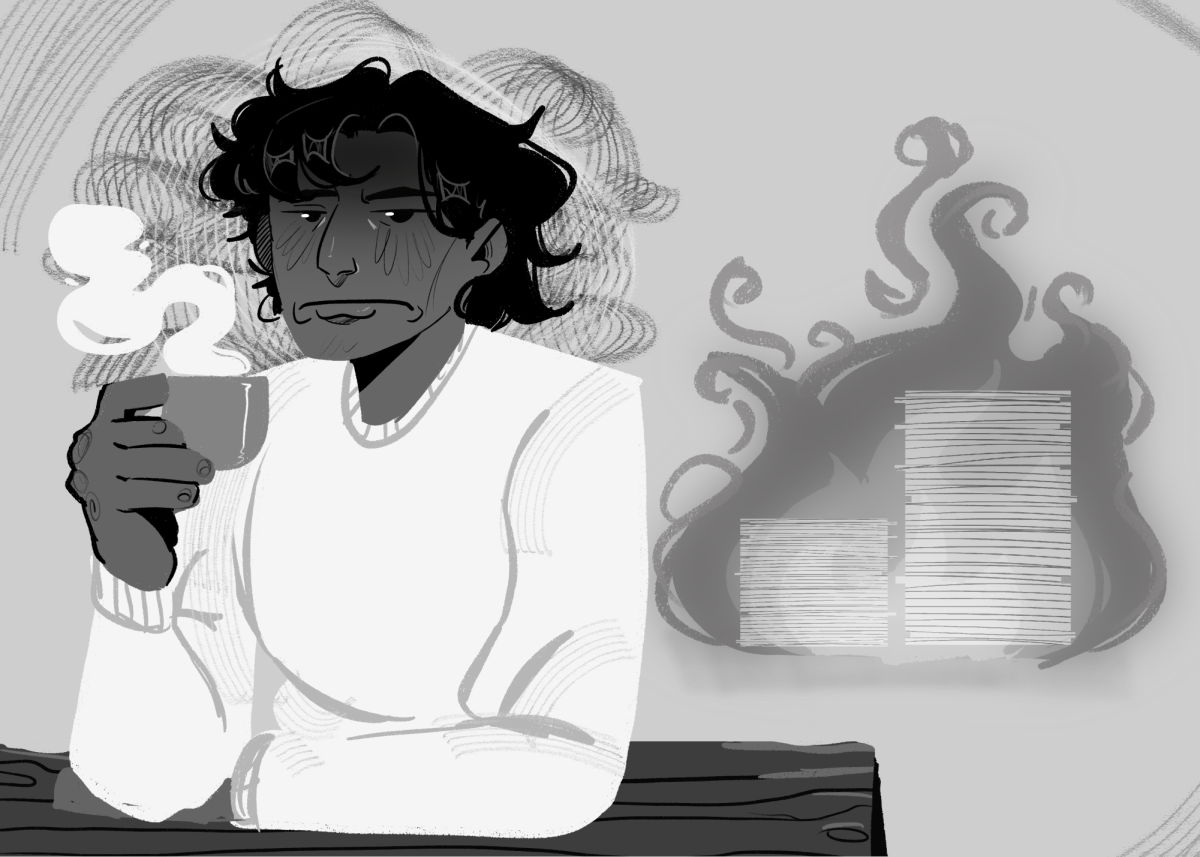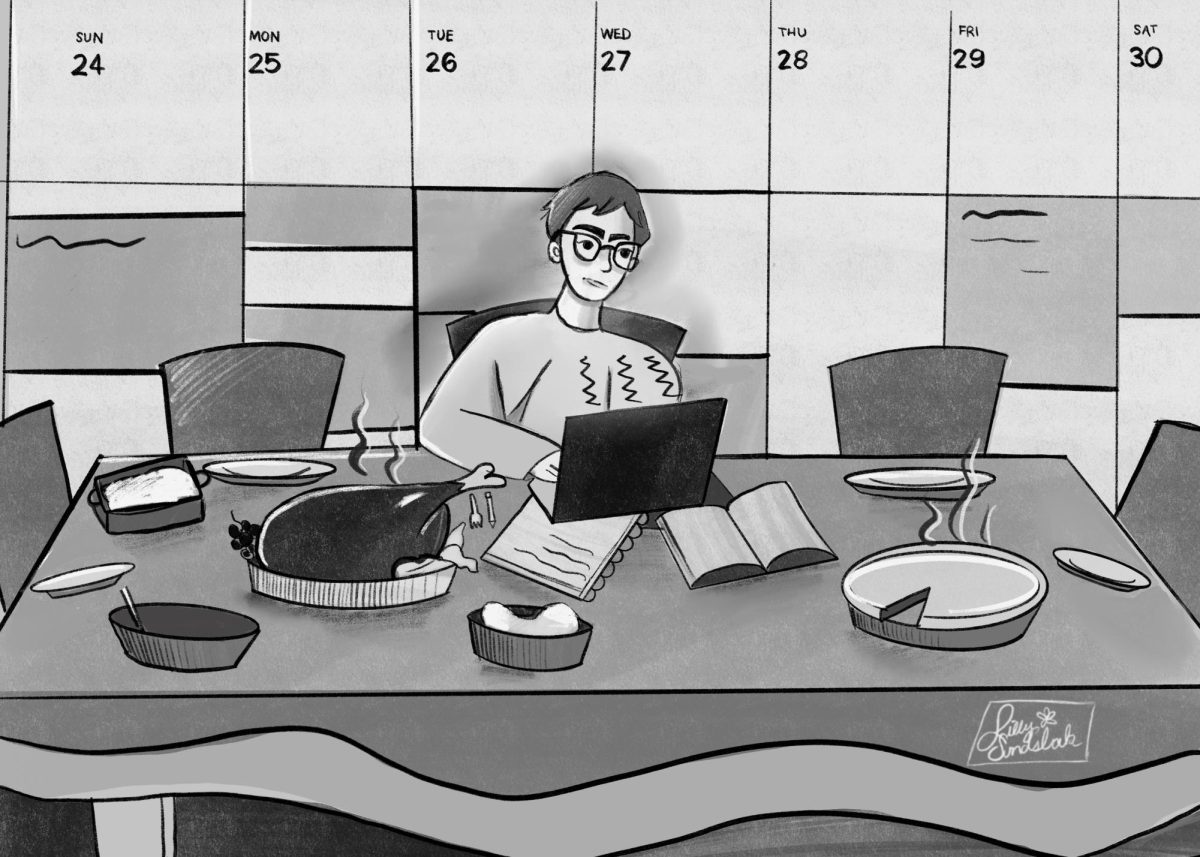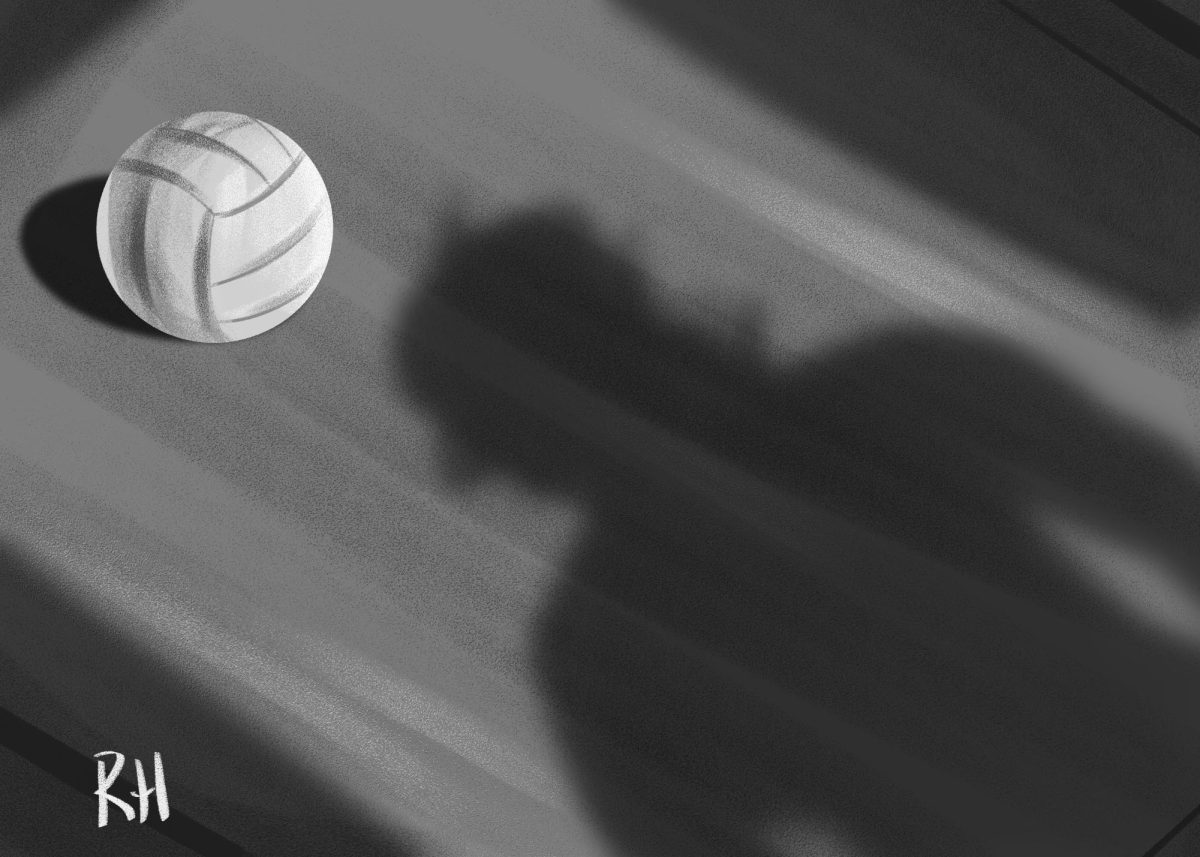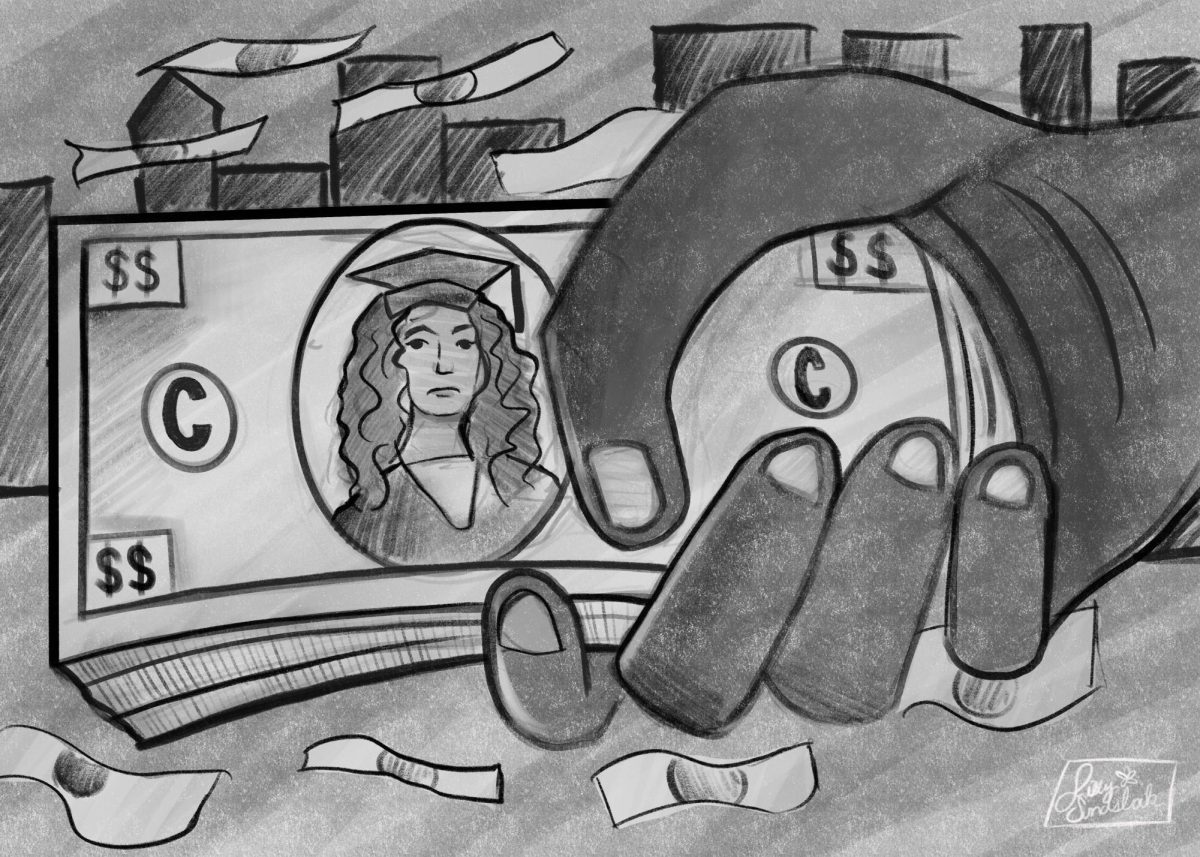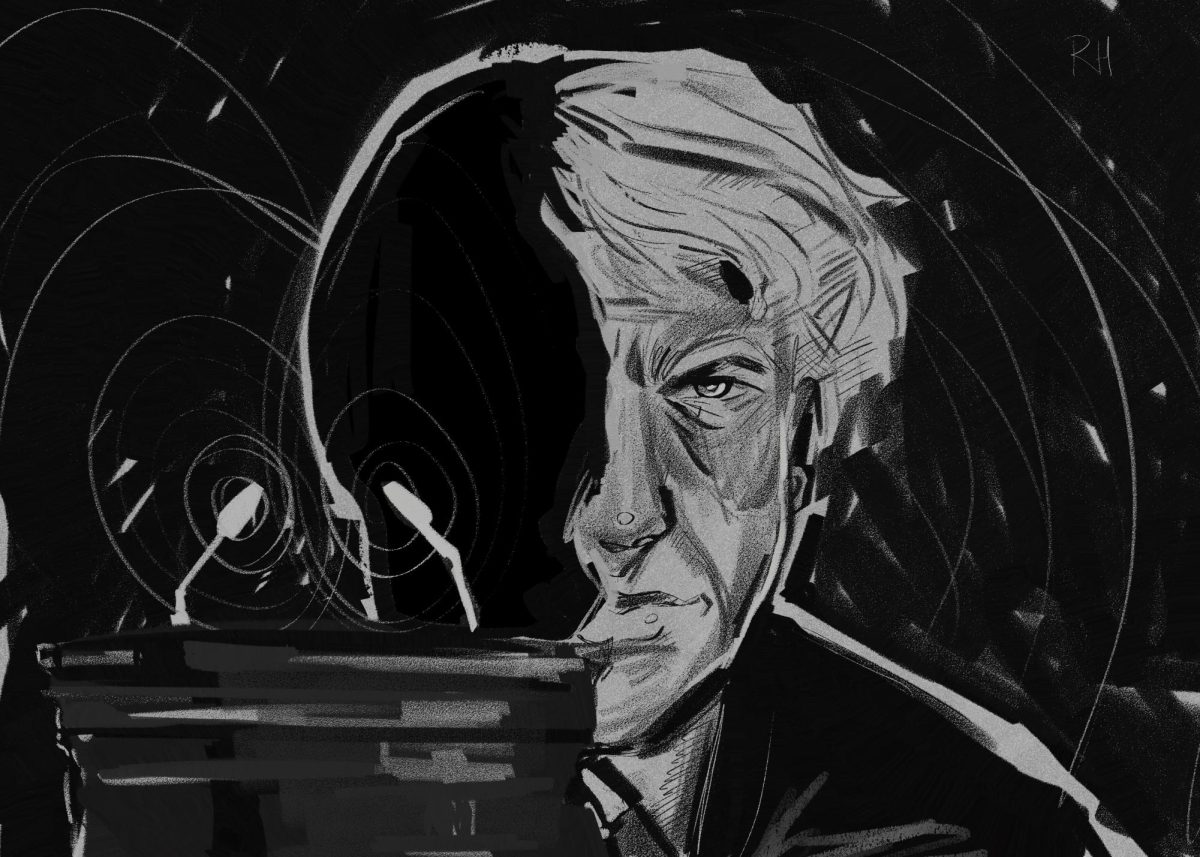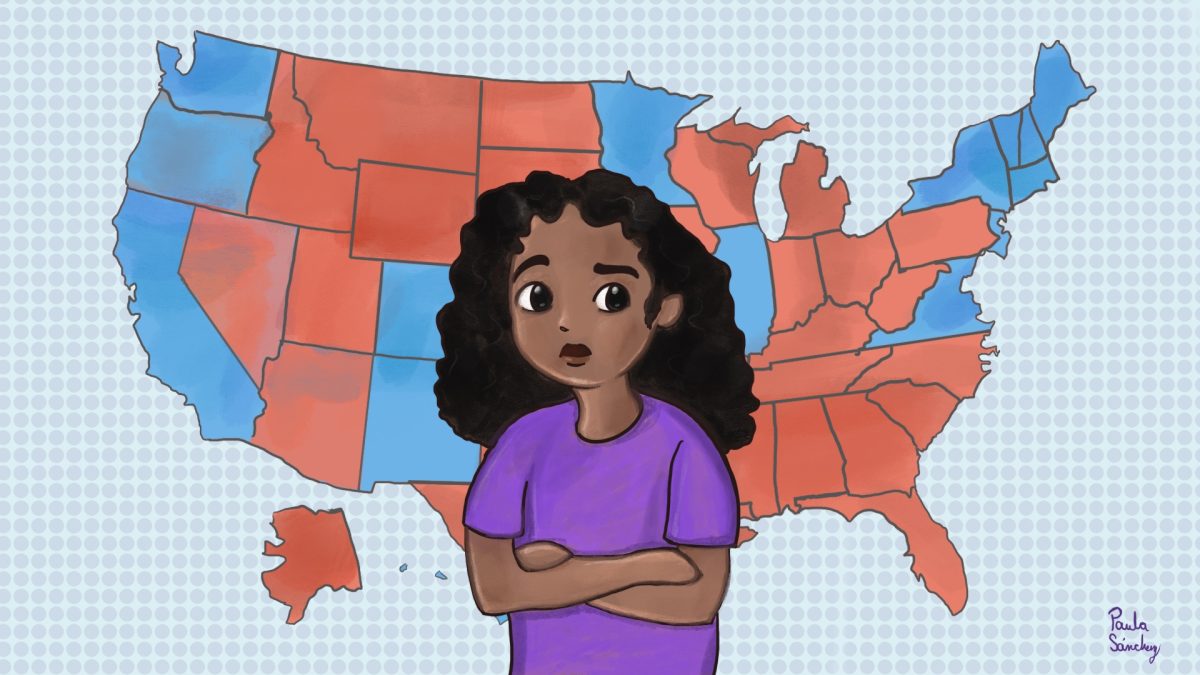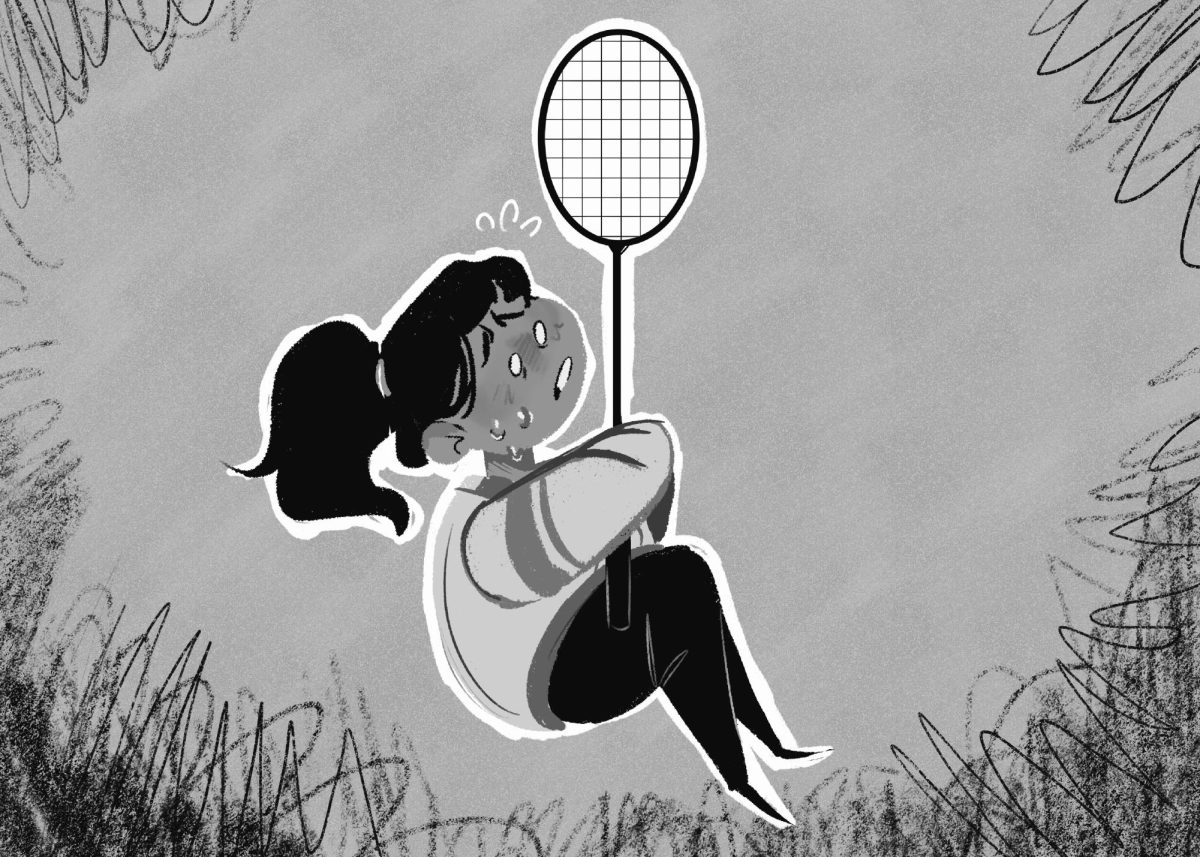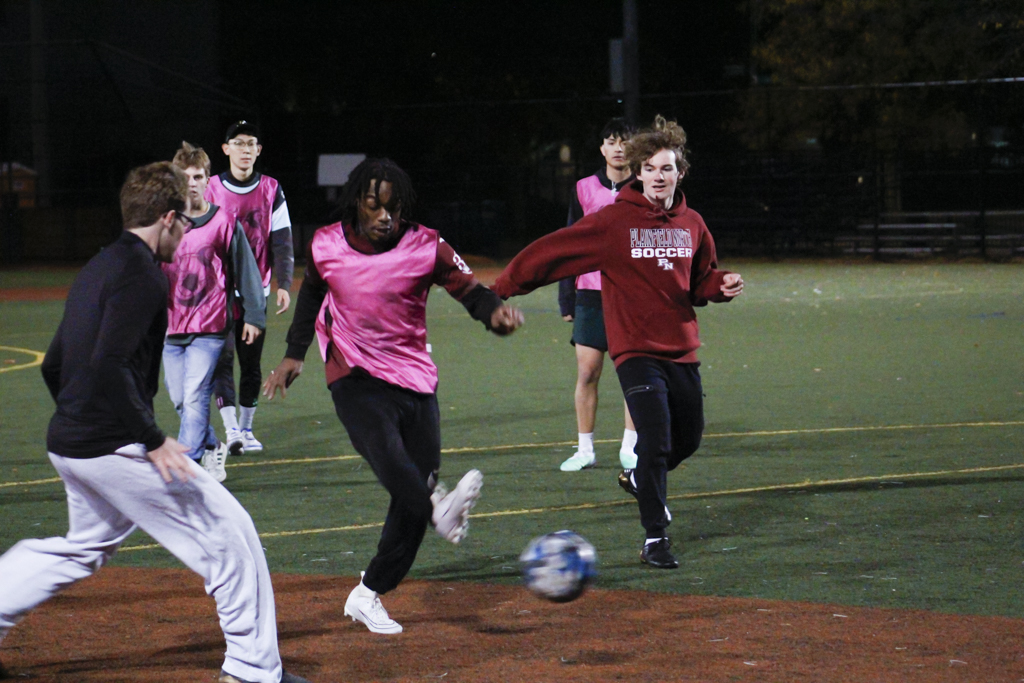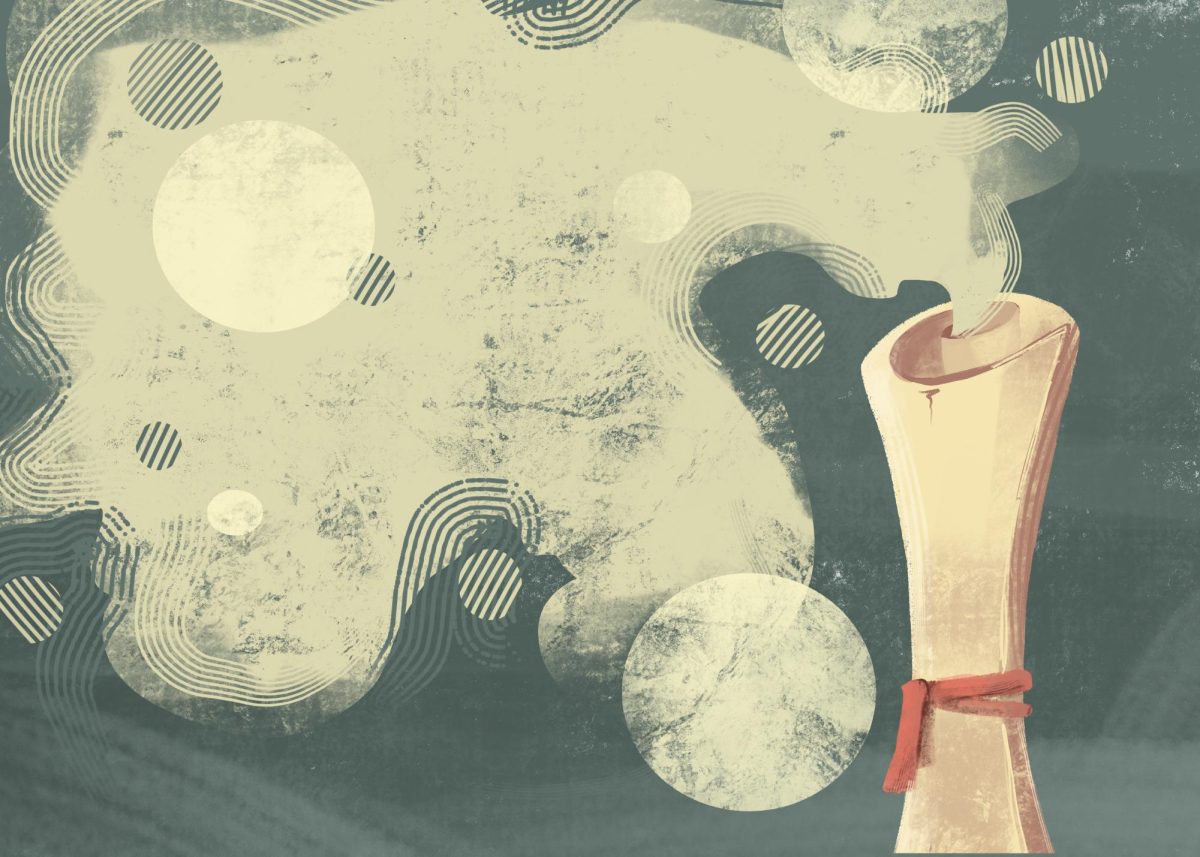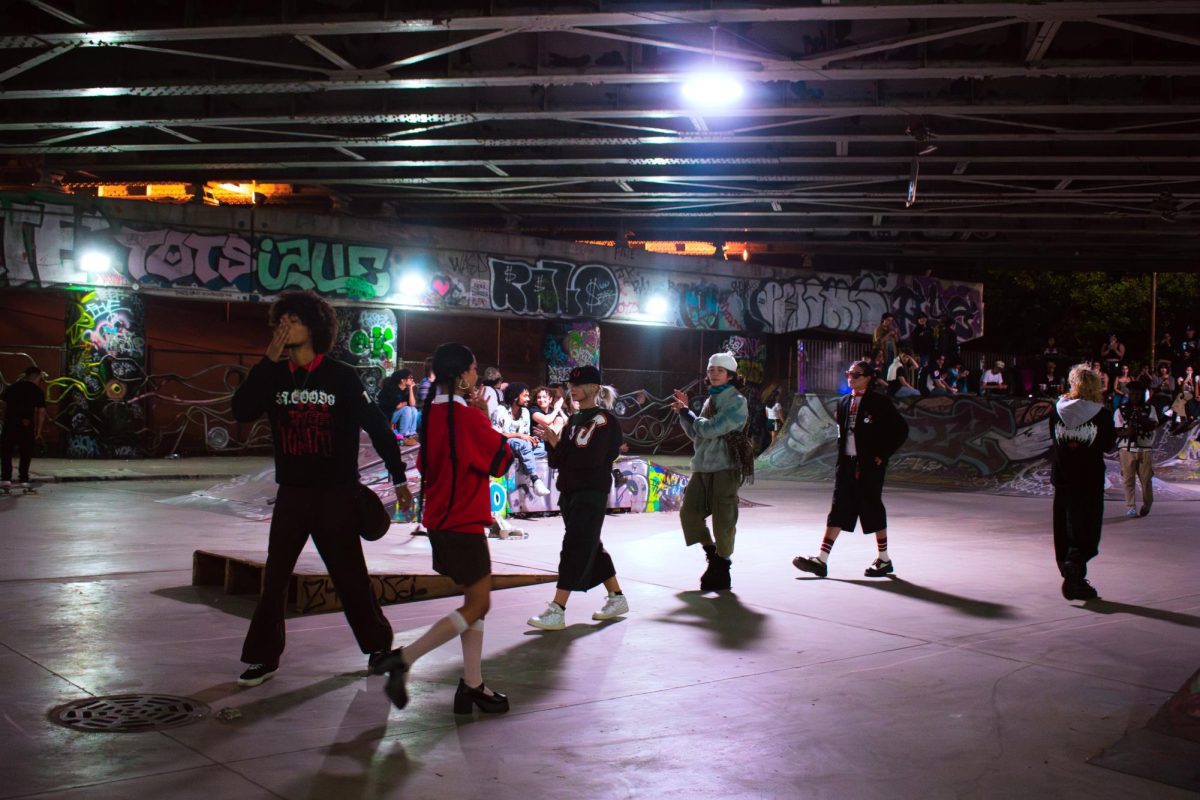I joined Columbia College in October 2019 as an instructional specialist for the School of Fine and Performing Arts. Moving from Texas, this was the first time I felt I could be open about my identity as a trans man during the hiring process. When I joined Columbia, the “preferred” name option was crucial for me feeling welcomed on campus and gave me the opportunity to introduce myself as H to my colleagues.
Due to the pandemic, my formal introduction to the school was delayed. In August 2020 during the SFPA retreat, after almost a year of working at this institution, I was introduced to all the faculty and staff of the fashion, design, photography, art, theater and dance programs by my deadname and as a woman. This had a profound impact on me as a new member of Columbia College.
I raised this issue and its potential impact on students with the acting dean. The response I received was a bureaucratic acknowledgment of my concerns, attributing the issue to system protocols and incomplete information that I had not provided.
As the pandemic continued, my deadname appeared multiple times in communications from various offices including the dean’s office. I continued to report the incidents and thanks to advocacy from Folayemi Wilson and Ames Hawkins, my deadname was eventually removed from several of the public facing systems.
When Wilson and Rocky Monroe announced the call to become an Antiracism Transformation Team fellow, I was eager to join, appreciating Wilson’s advocacy and trusting her leadership. I understood ArTT to have a directive of fostering sustainable change through organizing a diverse group of 25 stakeholders, including students (undergrad and graduate), faculty and staff (full and part-time).
Together, we engaged in a rigorous two-year training program led by Crossroads Antiracism Organizing. This training helped me to understand and confront my biases, change the way I communicate, and identify inequalities created by white supremacist structures throughout the college.
I was hopeful of our ability to enact change as we were operating under a mandate provided by former President Kwang-Wu Kim. We collectively presented our findings, initiatives and ideas on multiple occasions. However, despite our efforts and the mandate, I felt our work seemed to be less valued in subsequent interactions.
My outlook lifted when the former president asked us to participate in a panel addressing the entire college. Unfortunately, after the panel discussion, our group was downsized by the administration from approximately 20 members (some of whom had left the college) to seven, eliminating our student representatives. Then, we learned the climate survey we had outlined in our panel discussion was deemed too large a scope for the school to handle and that it could not be launched.
Around this time, without prior conversation with ArTT, Kim announced Tobias Spears had been hired as a DEI consultant to assess concerns at the college, which was surprising given our ongoing work. My interactions with Spears left me feeling his role was to offer an alternative narrative rather than address the issues we identified. I am still awaiting the results of his assessment that was supposed to have been completed in the fall of 2023. Despite these challenges, with the help of the Office of Institutional Effectiveness, ArTT successfully launched a student-focused climate survey. While I am disappointed that we were unable to include the entire campus, I value the insights gained from the survey and the support from colleagues in this endeavor. It is my sincere hope that that data is acknowledged, prioritized and addressed by the new DEI initiatives.
With Columbia’s recent restructuring, I anticipated ArTT’s dissolution but hoped for continued engagement with our work. Instead, I received a brief email thanking me for my service five hours before Rosita Sands was announced to the entire college as the new DEI leader. The new administration has not reached out to discuss my work or engage with ArTT as a group. Moreover, eliminating Danielle Alexander’s position as ArTT coordinator has removed a vital member with years of experience in DEI leadership at Columbia.
The lack of consultation with existing DEI initiatives and the closed-door appointment of Sands suggests a shift back to an HR-centric approach rather than an antiracist one focused on equity. Originally, ArTT was formed to ensure community involvement in DEI decisions through the inclusion of various members across the college. As a collective, we were able to build accountability into our work, but with the current new direction of DEI missing this component, I am concerned about whose interests are being served with this shift considering we know how pervasive white supremacy can be within institutional policy.
We, as privileged individuals steering this academic community, made a commitment to these students to provide an equitable education with a commitment to all of our students. Because of this commitment, we have a responsibility to actively work against structures harming them. We cannot afford to take an indirect approach to these issues, nor should we step back from our progress even though half our country has chosen to do so.
Just because we reframe or excuse or contextualize harmful events, such as micro aggressions, misgendering, religious slurs, dog whistle comments doesn’t mean they go away or stop happening. When we refuse to confront discriminatory incidents and behaviors, they get to live in the shadows. We need to shine as many lights on these acts as possible by incorporating transparency, accountability and engagement within our power structures; defined not by acts of callouts, cancellations and punishment, but with callins, apologies and reparations.
The thing about white supremacy’s insidious nature is that it negatively impacts everyone including white people. Until we (all white people in positions of authority on campus) are serious about engaging one another about these complexities and how it negatively impacts decisions and ideas, we will continue to struggle to make everyone in our community feel welcomed.
This is no fast job. We can’t take short cuts. The work is messy, it requires nuance, patience, vulnerability and a whole bunch of human complexities, but if we could continue to steer ourselves in that direction, even in an imperfect and small incremental way, our retention numbers will rise. We could begin to organically recruit more students without additional advertising costs. Our alumni will be happier with their experience on campus and after graduation will be more likely to give back. Our graduation rates will increase.
At this moment, now more than any other, we could build an actual sustainable academic institution dedicated to equity within the arts. We are literally restructuring and reconceptualizing the college. While we are in a financial deficit, we could still make strides in this direction if we utilize the assets we have already invested time and resources to cultivate change.
H Schenck is an instructional support specialist for the School of Visual Arts and former ArTT fellow. The views represented in this op-ed are his own and do not reflect the ArTT as a whole.
Copy edited by Trinity Balboa


